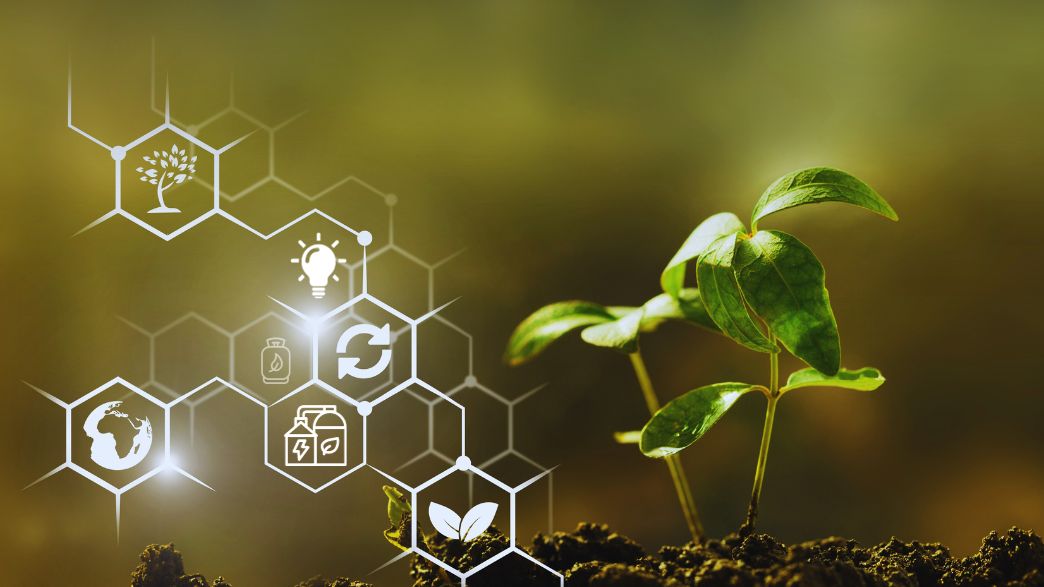Biogas and biomethane have stood out as promising alternatives in the Brazilian and global energy scenario. With the growing need for clean and sustainable energy sources, these biofuels emerge as viable and efficient solutions.
Current overview
According to a recent survey by the International Center for Renewable Energy and Biogas (CIBiogás), Brazil saw a 15% increase in biogas units in 2022, totaling 936 installed plants. Among these, 885 are in operation, producing around 2.8 billion cubic meters of biogas per year.
Biomethane, obtained from the purification of biogas, also saw significant growth. In 2022, there was an 82% increase in the number of production units, totaling 20 plants in operation. These plants are responsible for converting 22% of the biogas produced in Brazil, which is equivalent to around 359.8 Nm3/year.
New Information and Trends
In Brazil, the expansion of biogas and biomethane has been driven by several factors, including the abundance of raw materials, such as agricultural waste and animal waste. In states such as São Paulo, Paraná, Santa Catarina and Goiás, biogas production has grown significantly, thanks to tax incentives and support from research and development institutions. Furthermore, the growing demand for clean and renewable energy sources has encouraged companies and agricultural cooperatives to invest in biogas production technologies, aiming not only to generate energy, but also to reduce greenhouse gas emissions.
Despite the challenges, energy experts believe in the potential of biogas, especially in regions with large agricultural production. The anaerobic digestion process, which transforms methane into biogas, is seen as a promising solution for waste management and clean energy production.
The Future of Biogas and Biomethane in Brazil
The Brazilian potential for biogas production is estimated at 84 billion Nm³/year, of which a large portion is not yet used. This potential is mainly linked to the agricultural, sanitation and sugar-energy sectors.
The Brazilian Biogas Association (ABiogás) foresees the entry of 65 new plants by 2029, with an estimated investment of more than R$9 billion. These projections indicate a promising future for the sector, with biogas and biomethane playing a crucial role in the transition to a low-carbon economy.
The expansion of biogas and biomethane in Brazil represents a unique opportunity for the country to strengthen its energy matrix, reduce greenhouse gas emissions and promote sustainable development. With continued investments and incentive policies, Brazil has the potential to become a global leader in the production and use of these biofuels.

Comment